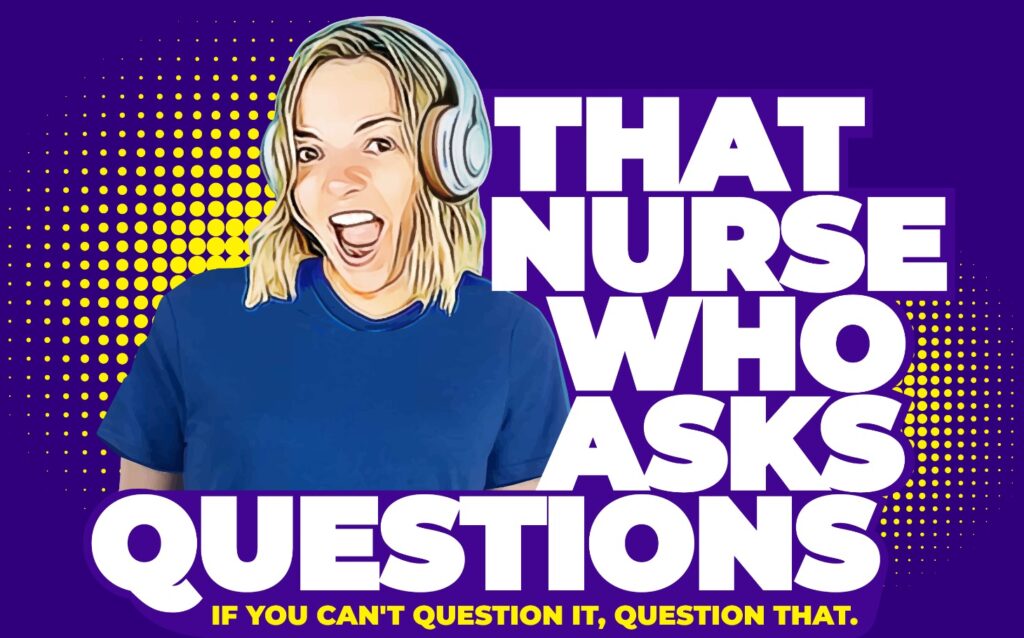Have you ever found yourself thinking, “Why did I say that?” or “Why did that person react like that?” Perhaps you’ve walked away from a conversation feeling confused, small, or strangely guilty — and you can’t quite put your finger on why.
If any of that sounds familiar, you’re not alone. And the good news? There’s a simple psychological model that can help you make sense of those moments and respond with more clarity and confidence.
It’s called Transactional Analysis — or TA for short.
🧠 What is Transactional Analysis?
Transactional Analysis (TA) is a psychological theory developed by psychiatrist Dr Eric Berne in the 1950s. It’s used around the world in therapy, coaching, education, leadership, and personal development.
At its core, TA helps you understand why people behave the way they do, how conversations go off track, and what you can do to improve communication and relationships. It’s practical, accessible, and incredibly eye-opening once you get the hang of it.
And no — TA wasn’t originally created to spot manipulation or diagnose others. It was designed to help you grow in self-awareness, improve your relationships, and communicate more effectively.
🤝 The Heart of TA: The Three Ego States
TA is based on the idea that we all operate from three internal states or “ego states” during any interaction:
1. Parent Ego State
This is the part of you that mimics what you’ve learned from authority figures (parents, teachers, society).
- Critical Parent: Controlling, blaming, shaming.
➔ “You should know better.” - Nurturing Parent: Caring, rescuing, comforting.
➔ “Let me do that for you.”
2. Adult Ego State
This is your calm, logical, present-day self. It evaluates reality and makes decisions based on facts.
- ➔ “Let’s look at the information.”
- ➔ “What are the options here?”
3. Child Ego State
This is the emotional, reactive part of you. It’s where you experience joy, playfulness, fear, frustration, and rebellion.
- Free Child: Spontaneous, creative, expressive.
➔ “This is exciting!” - Adapted Child: Compliant or defiant.
➔ “Fine, whatever.” ➔ “Why is it always me?”
We move between these states all the time, often without realising it. And they can lead to healthy conversations — or chaotic power struggles — depending on how they’re used.
💡 So… Why Does This Matter?
Understanding ego states helps you:
- Notice your own reactions in the moment
- Spot unhealthy dynamics in conversations
- Communicate without shame, guilt, or blame
- Respond instead of react
You can start asking questions like:
- “Am I responding from Adult, or am I slipping into Critical Parent?”
- “Is this person talking to me from their Child state?”
- “What would it look like to respond from Adult instead?”
🚖 Real-Life Examples
Let’s say someone at work snaps, “Why do you always leave things last minute?” You might feel defensive and say, “You’re always criticising me!”
Here’s what could be happening:
- They’re speaking from their Critical Parent
- You respond from your Adapted Child
- And now you’re both in a pattern that feels unpleasant but familiar
What if you stayed in Adult?
- “I can see you’re frustrated. Can we talk about what’s urgent and what isn’t?”
TA gives you the emotional language and self-awareness to take a step back, breathe, and choose how to respond — rather than reacting automatically.
🧩 The Games People Play
Berne famously wrote a book called Games People Play, which explores the unconscious patterns or “games” we all fall into.
These games are usually repeated, predictable interactions that leave us feeling:
- Powerless
- Guilty
- Superior
- Misunderstood
TA helps you recognise those games and step out of them.
🔧 TA in Everyday Life
You don’t have to be a psychologist to use TA. Here’s how it shows up in real life:
- Parenting: Recognise when you’re sounding like your own parents — and choose to lead from Adult instead.
- Workplace: Navigate tricky colleagues without power struggles.
- Friendships: Spot when you’re falling into a rescuer or people-pleaser role.
- Self-talk: Notice when your inner dialogue is Critical Parent vs Adult.
📈 What TA Is Not
TA is not about labelling people as “bad communicators.” It’s not about blaming your parents or analysing everything to death.
It’s about:
- Noticing your patterns
- Making conscious choices
- Improving how you connect with others
🚀 Getting Started With TA
If you’re new to TA, start by observing conversations through this lens:
- “Which ego state am I in right now?”
- “What do I notice in the other person?”
- “How can I respond from Adult?”
You might also explore:
- Journaling your reactions and triggers
- Listening to podcast episodes or reading TA basics
- Practicing short pauses before responding in heated moments
📍 Final Thought
Once you learn the basics of TA, you’ll start to see your relationships differently. You’ll catch yourself mid-sentence and shift gears. You’ll understand others with more compassion. And you’ll stop taking everything so personally.
Because you’ll know what’s really going on beneath the surface.
TA doesn’t give you control over others — but it gives you clarity, choice, and emotional freedom.
✨ Curious to go deeper? Check out the That Nurse Who Asks Questions podcast episode: “TA for Beginners” and grab the downloadable Ego State Cheat Sheet to spot the patterns in your own life.
Let’s keep asking better questions — and having better conversations.


